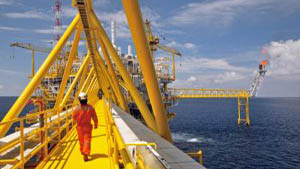How to Advance Your Career in the Oil and Gas Industry

The oil and gas industry offers diverse and rewarding career opportunities for professionals looking to make their mark in a dynamic and essential sector. Whether you’re just starting or have some experience under your belt, advancing your career in this field requires a strategic approach and a commitment to continuous improvement. In this blog, we’ll […]
The Oil and Gas Business is Changing in 6 Ways Thanks to AI

Although it may be true that artificial intelligence has benefits for many industries, the oil and gas sector may stand to gain the most. Oil and gas production is among the most lucrative and risky industries. The use of artificial intelligence improves productivity, security, and business processes. Here are six ways AI is addressing different […]
What Advantages Do Certified Welding Inspectors Offer?

Metal fabricators can benefit greatly from and gain great value from Certified Weld Inspectors. Every business hiring the fabricators who bring them on board benefits much from their presence. As you may already be aware, one of the most intricate services provided by the metal fabrication sector is welding. Every welding project’s outcome is greatly […]
Looking for a change in your career?

5 Arguments in favour of the Oil and Gas Sector. People frequently choose to change careers for a variety of reasons. There might be a place for you in the oil and gas sector if you want to make the switch into something reliable and in demand. A number of institutes are providing the best […]